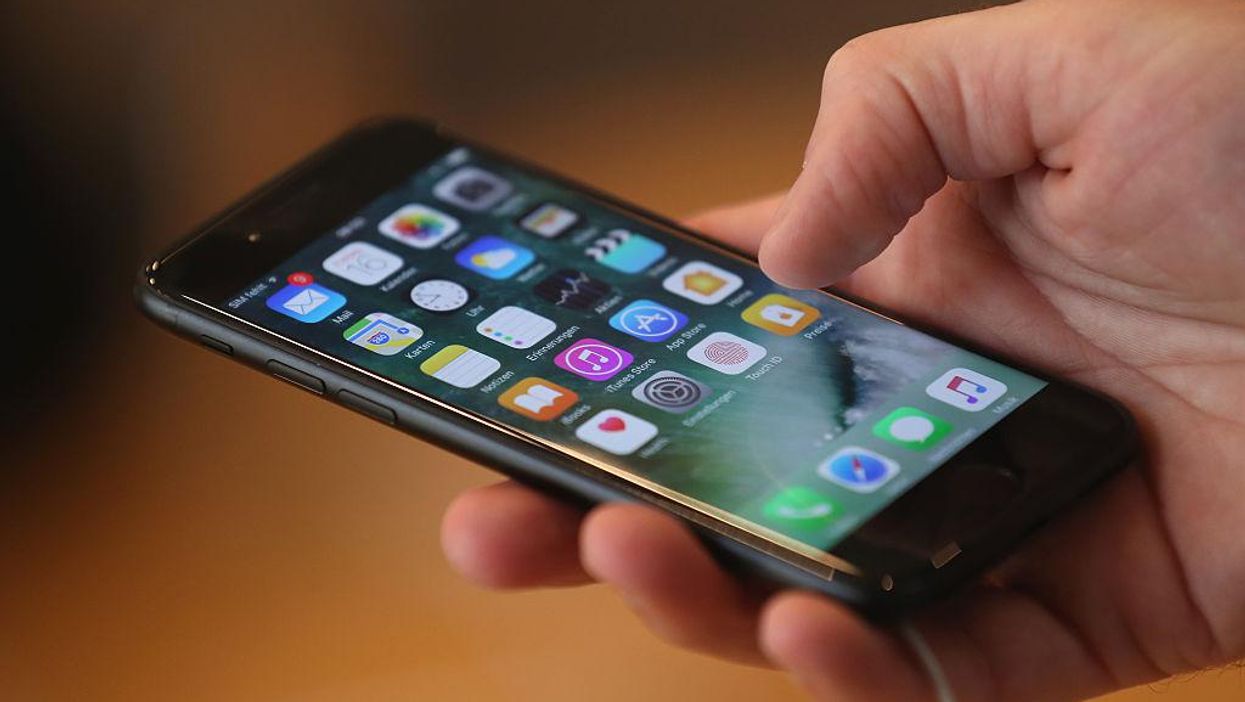
Sean Gallup/Getty Images

Critics say the bill would unconstitutionally intrude on free speech
Lawmakers in Utah have passed a bill that would require smartphones and tablets sold in the state to have filters blocking pornography or other obscene content enabled upon device activation. The bill now heads to Gov. Spencer Cox (R) for his signature or veto.
Supporters argue the measure will protect children from inadvertent exposure to pornography and help parents monitor their kids' screen time. Critics say the bill would unconstitutionally intrude on free speech.
In 2016, Utah became the first state in the union to formally declare pornography a "public health crisis." Decrying the harmful psychological and physiological effects of porn addiction as an "epidemic," the state called for education, prevention, research, and policies to mitigate pornography's harm. Last year, Utah codified a law that requires pornographers to put a one-sentence warning label about the harmful effects of porn on minors on their content.
This proposal, H.B. 72, requires all tablets or smartphones sold or manufactured in Utah to have a pornography filter, have the filter enabled upon device activation, gives adult users means to turn the filter off, and creates a right for people to bring lawsuits against device manufacturers that don't meet these requirements.
The requirements will not take effect unless five other states pass laws with similar provisions, a concession made after manufacturers and retailers protested that it would be difficult to follow these requirements for a single state.
The bill might not completely stop minors from viewing pornography, a fact recognized by its sponsor, state Rep. Susan Pulsipher.
"A child that wants to find it and tries to would probably be able to still. It's just one step in the right direction," she told the Associated Press.
Supporters applauded the bill, saying it will help parents with difficulties turning on parental controls moderate what their children are doing on their devices.
"Utah has passed a critical, common sense solution to help protect vulnerable children from accessing harmful pornographic content on phones and tablets," said Dawn Hawkins, executive director of the National Center on Sexual Exploitation.
But critics say the bill doesn't pass constitutional muster.
"You've basically got the state mandating the filtering of lawful content. That raises immediate First Amendment flags," Samir Jain told the AP. Jain is the policy director at the Center for Democracy and Technology, a Washington, D.C.-based internet policy group.
Jain explained that the bill's language applying to any device "activated" in Utah could require some sort of device location tracking program to be enforceable.
Other critics pointed out that laws attempting to restrict children's access to pornography were struck down by courts in the 1990s and predicted that this proposed law would meet a similar fate.